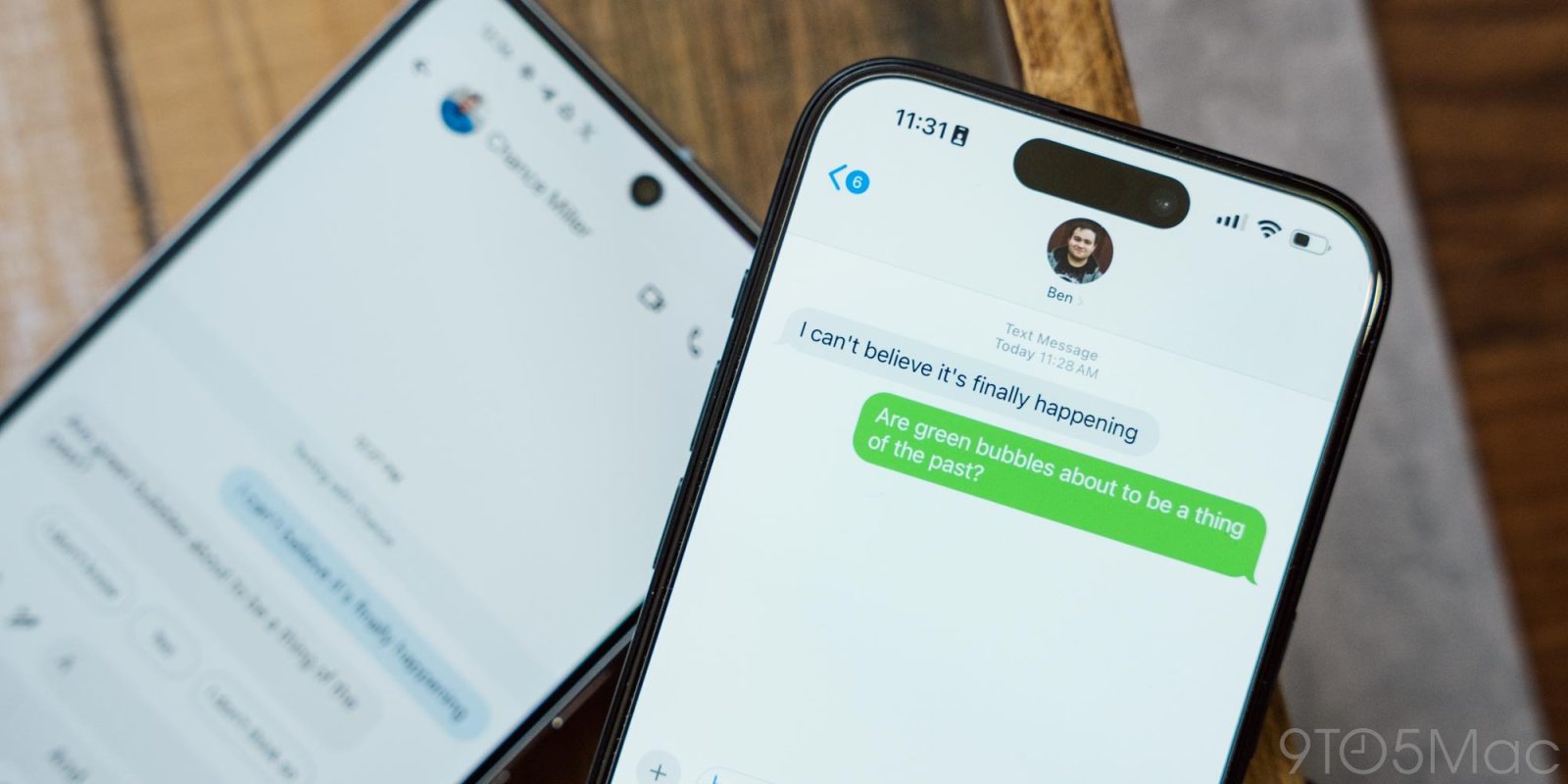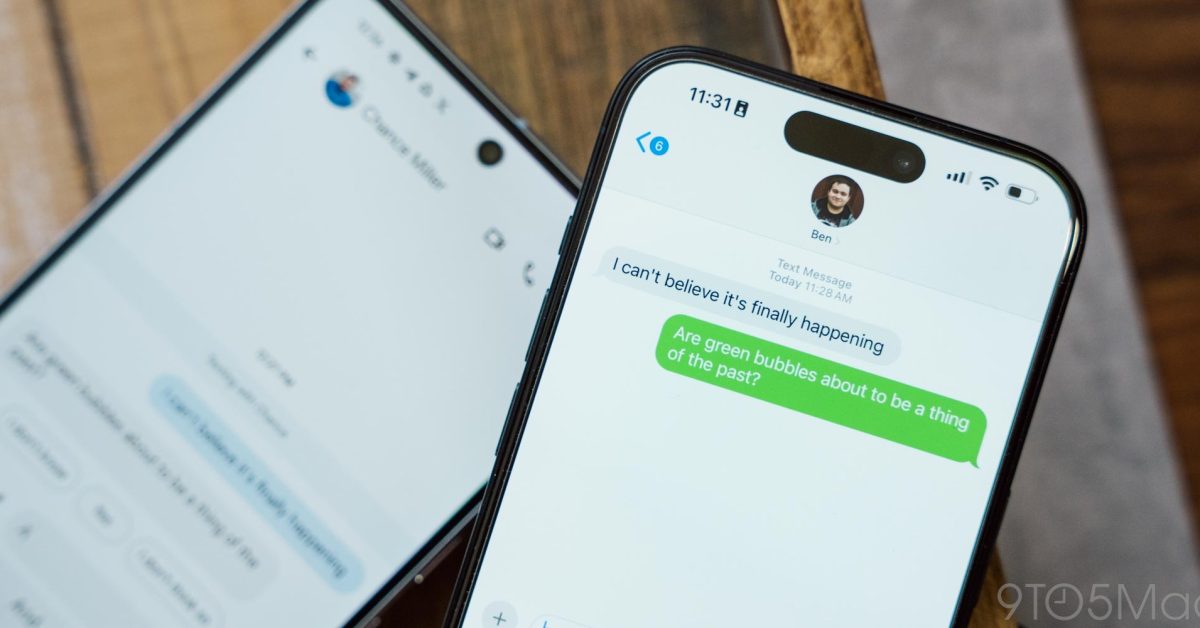
In November, Apple surprised us all when it announced that RCS support would come to the iPhone sometime this year. If you’re anything like me, you’ve probably spent way too much time since then thinking about why Apple reversed course.
Writing at Daring Fireball, John Gruber has an explanation: China.
“I can’t say for certain, alas, but after spending the last few months periodically poking around the trees inhabited by little birdies, I do have good news for fans of coercive government regulation,” Gruber says. “Apple’s hand was effectively forced. But by China, not the EU.”
One narrative in the months since Apple’s RCS announcement in November has been that the move was driven by the Digital Markets Act in the European Union. The DMA, however, makes no mention of RCS specifically – and now have official confirmation that iMessage is not big enough in the EU to fall under the purview of the DMA.
Gruber points to a new law in the works in China that will require that 5G devices support RCS in order to receive certification in the country.
lockquote class=”wp-block-quote”>
Chinese carriers have been proponents of RCS for years, and last year, the Chinese government began the process of codifying into law that to achieve certification, new 5G devices will be required to support RCS. (Here’s a good English translation on Reddit of the parts relevant to Apple.) Shockingly, the Chinese government seemingly isn’t concerned that the RCS standard has no provisions for encryption. The little birdies I’ve spoken to all said the same thing: iOS support for RCS is all about China.
Apple would prefer simply to continue ignoring RCS, on the grounds that they want to support neither any new non-E2EE protocols, nor any new carrier-controlled protocols (whether encrypted or not). But when the CCP says device makers must jump to sell their products in China, Apple asks “How high?”
lockquote>
I’ll refer you to Daring Fireball for Gruber’s full piece on Apple, RCS, China, and the European Union. There’s no better way to spend a Friday night, I’m told.
Follow Chance: Threads, Twitter, Instagram, and Mastodon.
FTC: We use income earning auto affiliate links. More.



![[CITYPNG.COM]White Google Play PlayStore Logo – 1500×1500](https://startupnews.fyi/wp-content/uploads/2025/08/CITYPNG.COMWhite-Google-Play-PlayStore-Logo-1500x1500-1-630x630.png)